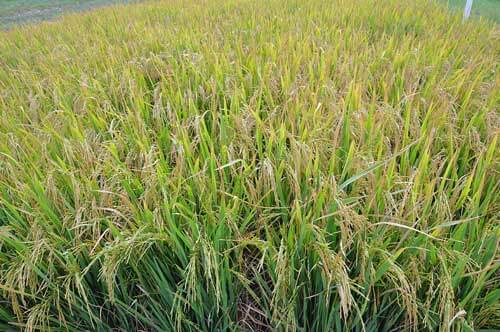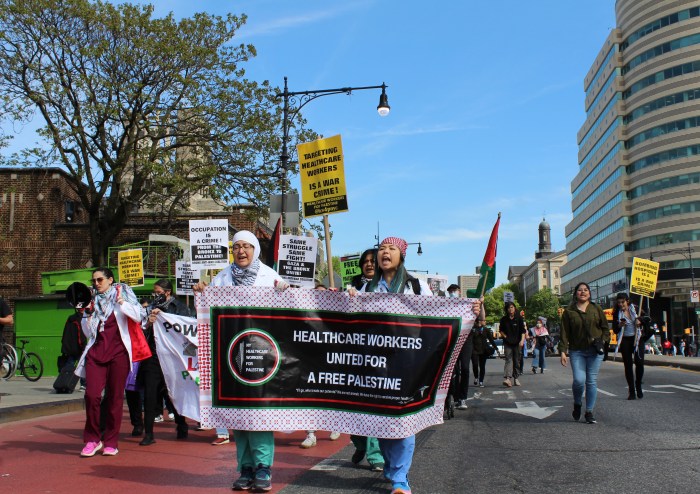Caribbean sugar producers are once again scrambling to adapt to new measures taken by their main buyers in Europe largely because the decades-old system of fixed quantity quotas for raw cane sugar exports from the region will come to a crashing end in September.
The move means that a door, which was once half-closed to European beet farmers and others around the world, will now be thrown wide open so there is the strong possibility that demand for brown sugar from the Caribbean will decrease while beet demand is very likely to increase. Prices are also expected to decline.
The head of the umbrella Sugar Association of the Caribbean (SAC) Jamaican Karl James, said: “So what we have to do, what we decided at the meeting in Jamaica last week, is that we must get into the market for refined sugar as well. All of our refined sugar in the region is imported from outside, so the way forward is for us to add refined sugar to brown sugar that is available.”
The SAC met in emergency session in Jamaica, with agricultural ministers from the four sugar-producing countries attending — an indication of how important this meeting was for Guyana, Jamaica, Belize and Barbados.
They are the only four in the regional single trading bloc still producing raw cane sugar, mostly for export to the European Union and the American markets.
Back in the mid-70s in Guyana, regional officials along with the EU and counterparts from Africa and the Pacific — the so called (ACP) Group of Nations — had negotiated a brilliant protocol governing sugar exports from dozens of nations with clauses that had included fixed prices, indefinite duration and fixed or guaranteed quantity quotas.
But how times have changed in recent decades. Back in 2005, the EU ignored strident protests from the ACP and slashed import prices by a whopping 36 percent, immediately making companies which were already not near profitable even more so.
The result was that authorities in Trinidad and St. Kitts decided that time had run out on sugar production dating back to the transatlantic slave trade. Factories in the two island nations ground to a halt, leaving only the four still in production and acres of standing cane plants with no factories to grind them.
James said that the meeting also decided that the four must also focus on an available market in the domestic Caribbean of up to 500,000 metric tons as a cushion for continuing changes in the EU market. Guyana and Jamaica are the largest sellers to the EU with a combined fixed quota of about 350,000 tons, or about 80 percent of their annual production in a good year.
“With our exports still focused on EU markets, the Caribbean sugar industry faces a period of instability and change, and must urgently adapt in order to meet the challenge of competing with other sugar-producing nations worldwide which have lower production costs in a global market heavily distorted by trade barriers and government support”.
James and Komal Chand, head of the Guyana Agricultural and General Workers Union, both say Britain’s decision to leave the EU will also complicate matters and no one knows exactly what the implications of the divorce would be. The union is the largest in the region. After all, the sugar sale arrangement is with the EU and not the UK individually.
But the bugbear remains high production costs, as is the case in Guyana where a pound of sugar is produced at almost 35 American cents, double the price of sugar on the market.
























